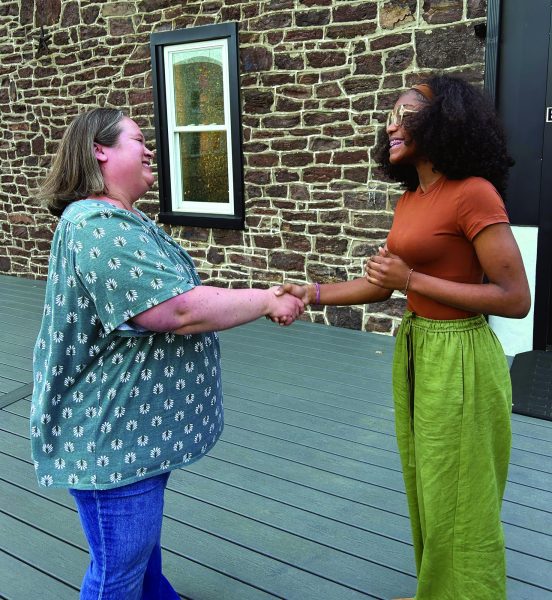True crime media impacts behavior, desensitizes
Over the decades, data regarding the way serial killers behave and advanced strategies and materials to detect serial killers has increased public knowledge of serial killers.
Due to the natural human attraction to dark subjects, many people have begun to rapidly consume true crime media, whether that’s through books, Netflix documentaries, or podcasts.
True crime media that have recently captivated audiences includes the Netflix documentaries “Conversations with a Killer: The Ted Bundy Tapes” and “Night Stalker: The Hunt for a Serial Killer” and podcasts like “Crime Junkie” and “Dirty John.”
Senior Dakota Bishop attributes her interest in true crime to “morbid curiosity.”
According to a study done by Suzanne Oosterwijk of the Department of Psychology at the University of Amsterdam, this morbid curiosity could also be a “motivation to explore information” or “a motivation to close an ‘information gap.’”
“People may be curious about negative stimuli because these stimuli allow people to acquire knowledge about the world,” Oosterwijk found.
Senior Danielle Michael said that she often will “reread or rewatch or just listen to stuff about the same person or same case over and over again.”
“I always learn something new and it’s just so interesting to me that people can be so horrible but also how they get that way too,” Michael said. “I want to know.”
Michael said that she prefers to listen to true crime podcasts or watch YouTuber Bailey Sarian do her makeup while discussing true crime cases.
Bishop said she got into true crime because of Buzzfeed Unsolved, a YouTube channel where Ryan Bergara and Shane Madej go over true crime cases together.
“And then all of a sudden you’re watching stuff on Netflix and other YouTube videos and hearing about other stories and it just kind of like snowballed,” Bishop said.
Forensics teacher Louis Yanni said that, throughout the course, the curriculum often requires graphic and gruesome images to be used in lessons, which can affect students.
“Most of [the students] will put their head down or just cover their eyes,” Yanni said. “Some get really interested and stare at [the pictures] for a while.”
According to Yanni, these images are necessary to the course because they’re “very particular to the topic we’re learning about” and “reinforces the content.”
“Anything that I would feel uncomfortable about, I would not show.” Yanni said. “[I won’t show] anything that’s sexually violent or anything involving little kids.”
Due to the increase in true crime interest and media consumption, some are concerned about the possible negative consequences of true crime.
Some worry about desensitization to the kinds of violence discussed in true crimes due to the large consumption and exposure to true crime.
According to “The Encyclopedia of International Media and Communications,” desensitization is the psychological impact of repeated exposure to something, causing that something to not hold as much weight or significance over time.
Desensitization to violence, primarily from media sources, has caused “reduced arousal and emotional disturbance while witnessing violence, as greater hesitancy to call an adult to intervene in a witnessed physical altercation, and as less sympathy for the victims of domestic abuse.”
Bishop said that she thinks she has become desensitized to violence due to true crime media.
“The scariest part is probably the idea that [murders] actually happened and [serial killers] exist,” Bishop said. “You’re watching a TV show or a movie or listening to a podcast and it seems like a story that someone just made up.”
According to the Cleveland Clinic, “research shows that disproportionately appeal to women” because “women are also disproportionately likely to be the victims of crime.”
“We definitely learn a lot about what not to do,” Michael said. “The prey have to know the predators.”
However, many believe there are also issues within true crime media, particularly in regards to the victims of serial killers.
In 2019, Netflix released the trailer for their then upcoming movie “Extremely Wicked, Shockingly Evil and Vile” shown through the perspective of serial killer Ted Bundy’s girlfriend Liz Kendall as Bundy goes through trial and prosecution.
Survivor Kathy Kleiner was attacked by Ted Bundy in 1978.
In an interview with the BBC, Kleiner said that she hopes that the movie presents the victims in a just manner, unlike what was shown in the trailer.






